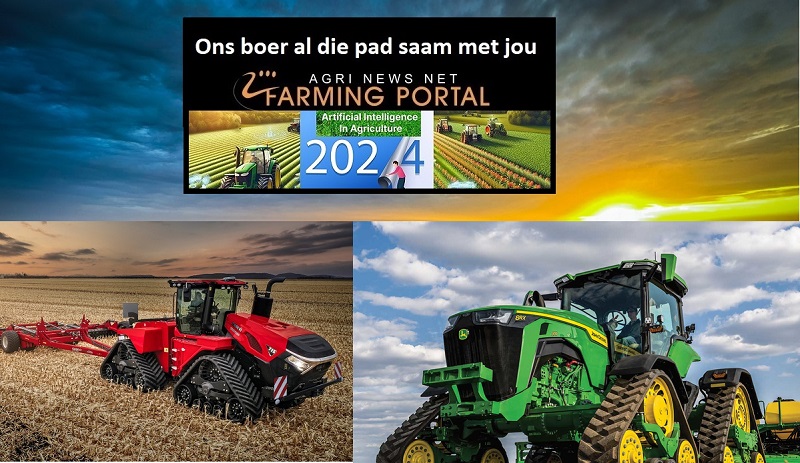Brought by the African Centre for Biodiversity (ACB) in 2015, this case has stretched on for nearly a decade, ultimately denying South African farmers access to a technology designed to protect crops against drought.
A proven technology, ignored
The SCA sided with ACB’s claims of insufficient environmental assessment, disregarding that MON87460 has already passed rigorous safety evaluations in multiple countries.
The European Food Safety Authority approved it for food and feed use in 2015. The US Food and Drug Administration confirmed its safety in 2010, and Japan, which has some of the strictest GMO regulations in the world, approved it for both food and feed use in 2011.
These assessments covered allergenicity, toxicity, nutritional content, and environmental impact, and MON87460 was found to be safe in each of these categories.
Dangerous precedent against innovation
This ruling sets a dangerous precedent by blocking a technology that could improve food security in South Africa.
The court has limited farmers’ freedom to choose what is best for their crops and livelihoods by inserting itself into a process where it has no rightful role.
This is not the judiciary’s function. The rule of law requires that courts apply clear, predictable standards, not make policy decisions that override established processes.
Nor is it their role to create an extra layer of bureaucratic hoops for business to jump through.
The SCA’s decision ignores an already completed approval process, introducing inconsistency and weakening the legal and regulatory environment.
This unpredictability undermines confidence in South Africa’s legal system and disrupts the stable framework that the rule of law is meant to provide.
Justice delayed Is justice denied
Justice is supposed to be expeditious. The fact that this case took nearly 10 years to conclude is unacceptable in the extreme.
Such prolonged delays create uncertainty for all involved and block vital progress.
Bayer has shouldered the costs of an extended legal battle, while South African farmers have been denied a tool that could improve yields under increasingly challenging conditions.
These excessive delays and costs incurred in decision-making erode public confidence in the legal system and signal to other companies that they may face similar obstacles. This smothers innovation and investment in South Africa.
 22 pesticides show links to prostate cancer - IMPORTANT
22 pesticides show links to prostate cancer - IMPORTANT
The precautionary principle – A smokescreen for blocking innovation
The precautionary principle applied here is merely a convenient excuse to stop innovation.
Progress does not come without some risk, and those best positioned to evaluate and balance these risks are farmers and consumers, who directly experience the results.
The private sector, driven by competition, is far better equipped to assess and manage such risks than any court.
By acting as the ultimate judge of what agricultural technologies are “acceptable”, the judiciary is closing the door on advancements that belong in the open market, where they can be properly tested and evaluated.
An unwelcome signal to innovators and investors
After nearly a decade, this case sends a powerful message to investors and innovators: South Africa is a high-risk environment for agricultural innovation.
This decision discourages companies from introducing new, beneficial, technologies to the country.
Meanwhile, farmers are left without access to tools that could make a difference in their productivity and resilience under tough growing conditions.
The role of the judiciary under the Rule of Law
Under the rule of law the role of the judiciary is to protect freedoms, not to impose restrictions, and to uphold consistent, predictable standards, not subjective principles.
By blocking this drought-resistant maize, the SCA has denied farmers access to a proven technology and added an unnecessary barrier to future advancements.
If South Africa is to secure a productive and sustainable agricultural future, the solution lies in economic freedom and individual choice, not in judicial intervention.















